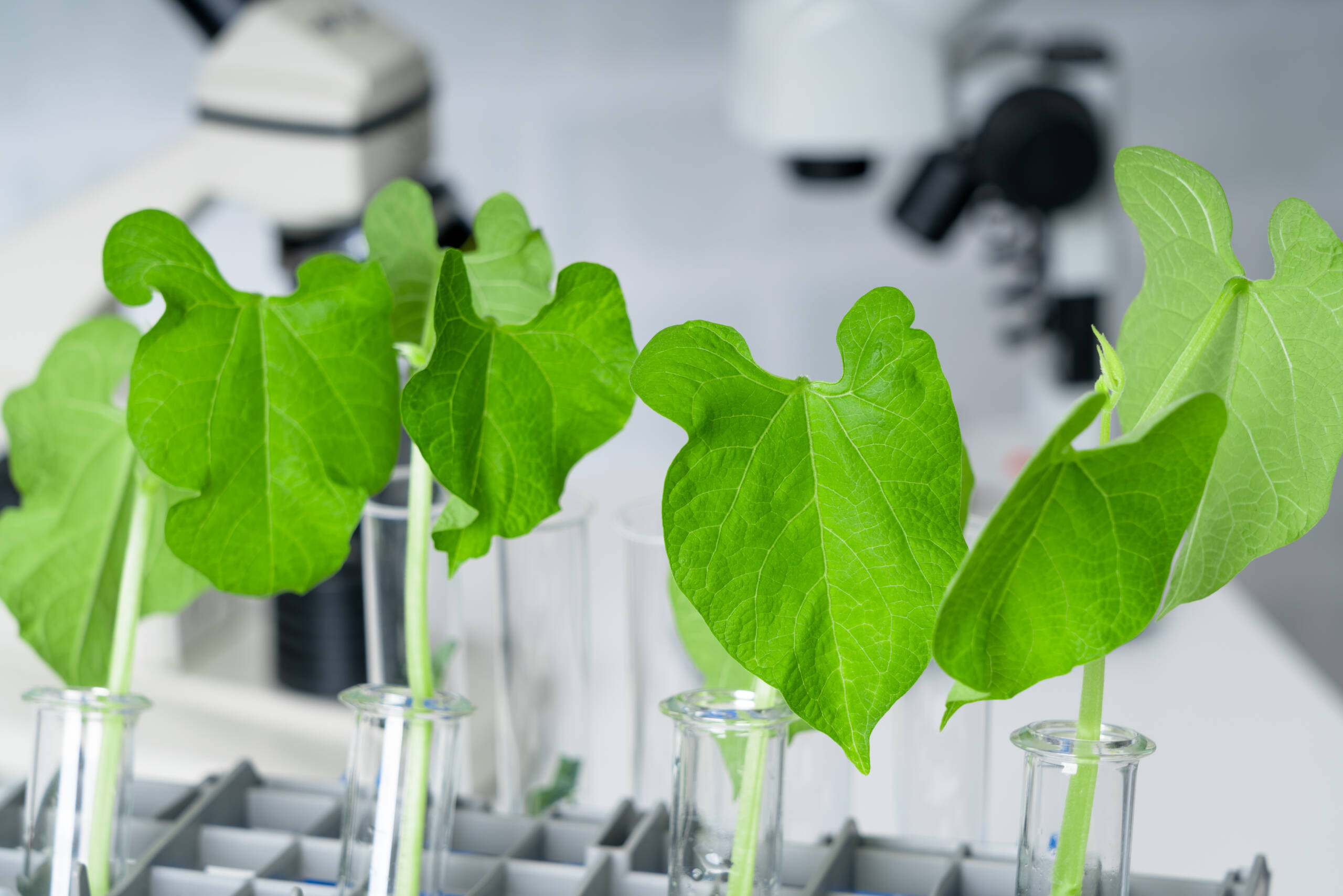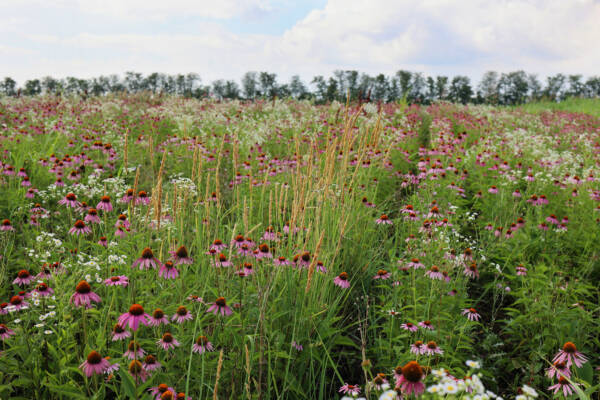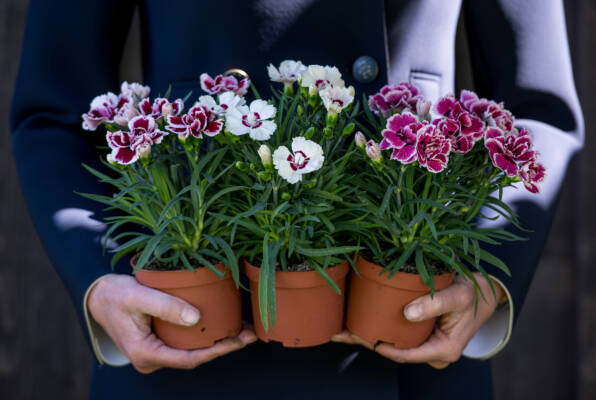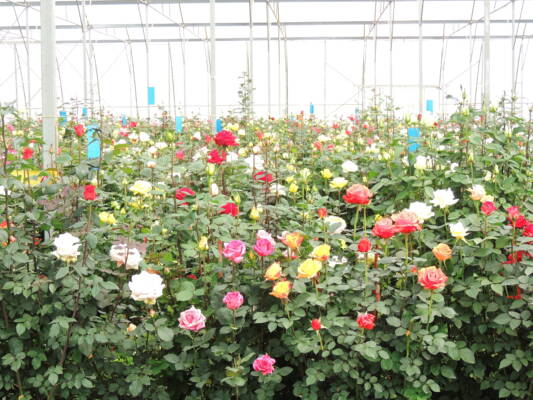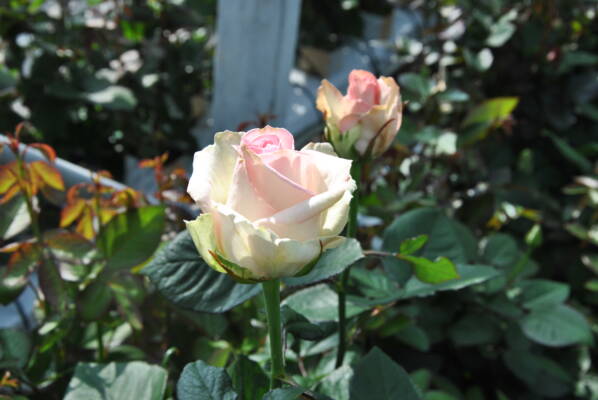“Last year, at the height of the Covid-19 pandemic, Kenya’s floral industry was grappling with a mix of threats that were taking their toll on production, including tough weather conditions, pests attacks and limited cargo space, causing air-freight costs to skyrocket.
The heartbreaking images of workers harvesting flowers and then having to dump them to compost because of the lockdowns and flight cancellations. These effects are poignant reminders of our sector’s fragility to global shocks. The pandemic caused the flower market to contract to an estimated $29.2 billion in 2020, representing a 6.2 per cent decline from 2019. Industry players say this remains the worst experience yet, in the history of the flower industry.
Europe is the top export destination and takes up close to 70 per cent of Kenya’s cut flower exports. The Covid-19 restriction measures and daily slashings of orders by half put tens of thousands of African jobs on the line and robbed our country of its much needed foreign exchange earnings.
The government, working with industry players including the Kenya Private Sector Alliance, the Kenya Flower Council, the Fresh Produce Exporters Association and national carrier Kenya Airways designed a plan to convert passenger planes into cargo freighters to keep the fresh markets supplied. This strategy remains one of the best multi-sector responses to a global crisis ever seen in the country.
Reports indicate that Kenya produce was available in the supermarkets when it was desperately needed, leading to retention of markets and gaining new ones due to these efforts. The Caravan of Hope greatly buttressed these efforts. This initiative saw growers produce put to good use through the Agriculture Sector Network, KEPSA, KFC and Kenya Airways by donating flowers wrapped in sleeves and signed by President Uhuru Kenyatta. The President’s message read as follows. ‘It is exactly at moments such as this that we must display our humanity, perseverance and hope. Whatever the adversity, no matter the foe, we shall triumph together. We stand united. Tuko Pamoja. From Kenya with love.”
The flowers went to hospitals and care homes in the UK, as a token of appreciation for healthcare workers.
Provision of car stickers to vehicles transporting flowers to operate past curfew hours and the government’s speedy action in processing permits and exports equally played a massive role in supporting our sector.
With the increased easing of restrictions and as global markets reopen, the sector is bouncing back, with production and exports now almost at their pre-Covid levels.
A November 2020 report by the Central Bank of Kenya assessing the extent of recovery in the flower sector indicated that improved cargo space and reopening of crucial export markets had contributed to a boom in demand. It reports export orders for the four months, from November, recorded a sharp increase despite concerns and uncertainty over the second wave of the virus and possible lockdowns.
Aptly exemplifying that demand was the remarkable number of orders experienced during this year’s Valentine’s Day. While the sector hasn’t fully recovered, and in the wake of new restrictions in key markets, mainly in Europe, exporters have expressed satisfaction with the sale this year.
But the industry continues to struggle with capacity constraints that have seen limited supply or an increase in cargo costs as demand grows. Sector players have always insisted that while they can produce to market demands, they cannot grapple with the scarcity of freight.
The government has been working to correct the situation by allowing Ethiopian national carrier Ethiopian Airlines to offer weekly cargo freighters to cover the oversupply that Kenya’s national carrier cannot handle. This intervention saw Ethiopian shipping carry 1,600 tonnes from Nairobi in the run-up to Valentine’s Day, bolstering growers’ earnings.
And in a world’s first, Kenya Airways recently unveiled the repurposed Dreamliner 787 that will undertake to carry cargo as the airline looks to address the growing cargo demand while finding alternative revenue streams in the wake of depressed earnings from passenger travel. With the increased flight capacity and the converted freighter, capacity will grow by up to 40 per cent.
It will take time for Kenya’s flower industry to recover from the knock-on effects of the virus. The sector is jittery about the uncertainty of the emerging variants of the virus and their implications. The good news is, despite the Covid-19 scare, players agree the worst could be over. The 2020 challenge has demonstrated that we can address these hiccups. It takes the unity of purpose to rescue a sector that offers a lifeline to millions of households and our economy.”
Baiju Kantaria
About the author
Since 1898, Elgon Kenya Limited (EKL) has been a reliable and profitable business partner to the ornamental horticultural industry in Africa’s East and Central regions. EKL Director, Baiju Kantaria, reflects upon the recent events of its 123-year history, demonstrating its position as the largest agri-input suppliers company in Kenya, meeting almost 90 per cent of farm agri-input, especially in the floriculture sector











